Meds, Nutrients And COVID-19: Maintaining Your Health Goals
By Tereza Hubkova, M.D., contributor
People with cardiovascular disease and high blood pressure are at higher risk of developing severe COVID-19, requiring hospitalization, intensive care, and unfortunately, are at about a three times higher risk of death.
A lot of controversy surrounds some commonly used cardiac medications such as statins (cholesterol lowering medications) and ACE inhibitors (used for high blood pressure), since both classes of medications increase the number of the ACE 2 receptors that SARS-COV-2 uses to enter the cells. In other words, if cells were like houses, and coronaviruses were burglars, these medications increase the number of doors and windows through which the burglars can enter the house and cause trouble.
Having said that, the Coronavirus SARS-COV-2 seems to attack not just lungs, but also the lining of our arteries, the heart and the brain, where the same medications (statins, ACE inhibitors and ARBs) may provide a protective, anti-inflammatory, effect.
Several studies are now trying to sort the controversy out and investigate if these cardiac medications are helpful in COVID-19 or not. Given the unfortunate manipulations of public opinion about another medication, Hydroxychloroquine (driven by political and financial interests put above human lives), one can only hope that we indeed will hear the truth.
Meanwhile, I thought it might be useful to share with you that many commonly used cardiac medications can put their users at risk of nutrient deficiencies, with potential negative impact on their immune systems. My goal is to increase your awareness, not to create panic – when after all, approximately three times more Americans die each year of cardiovascular disease (about 647,000 Americans) than of COVID-19 (more than 200,000 Americans to date), thus far. Do not stop your cardiac meds because of this article, but you might want to ask your physician to check your nutrient level, and supplement accordingly.
Nutrients Versus Medications
Which nutrients are affected and by which medications? Blood pressure medications such as diuretics, ACE inhibitors and ARBs seem to deplete us of zinc – a key nutrient for our immune system. In fact, zinc seems to reduce the ability of many viruses to replicate (multiply), that is why we take zinc lozenges when coming down with the flu. Other immune-boosting nutrients depleted by diuretics are magnesium and potassium, and some, like Lasix, can even deplete the hugely important vitamin C.
Diet Adjustments That May Help
Great sources of zinc are seafood, animal protein, mushrooms, nuts and seeds. For magnesium, potassium and vitamin C, eat a variety of fresh fruits and vegetables, from leafy greens to berries.
Statins can deplete us of coenzyme Q 10 (COQ-10) and selenium, two additional nutrients crucial for the immune system. Ask your physician to check your levels – coenzyme Q 10 can be taken as a supplement while Brazil nuts, mushrooms, animal protein and eggs are among the best sources of selenium.
How about the “king” of nutrients for the immune system – the sunshine vitamin – vitamin D? We know that a low level of vitamin D correlates with severe COVID. Most people living in the South are told not to worry about their vitamin D, as they are getting plenty of sunshine. But many medications lower vitamin D level through accelerated degradation including cardiac meds spironolactone and nifedipine, anti-epileptics carbamazepine and phenytoin, anti-cancer drugs tamoxifen, taxol and cyclophosphamide, prostate cancer medication cyproterone acetate and steroids such as dexamethasone. Ask your physician to check your level and keep at above 30 ng/ml with supplemental vitamin D3, if needed.
Maintain A Healthy Lifestyle
Medications can be tremendously helpful and even save our lives, but do not forget that a healthy lifestyle (healthy diet, optimal weight, moderate exercise, adequate sleep, laughter, love and social connection despite physical distancing) is the best booster for your immune system. It can help you not only make it through this pandemic, but also shrink your risk of heart disease, diabetes, cancer and live a longer, fuller, happier life with no side effects.
For a free guide featuring opportunities for overall wellness boosts you can achieve from home, John Knox Village has published their second edition of “At-Home Enrichment.” Simply click here or call their Marketing Department at 954-783-4040 today to request your copy!
—

Dr. Tereza Hubkova is former Medical Director at Canyon Ranch and has been practicing internal medicine for the past 20 years. Currently, she is the Medical Director of Advent Health, The Center for Whole Person Health, in Overland Park, KS. Dr. Hubkova is a regular contributor to The Gazette.
